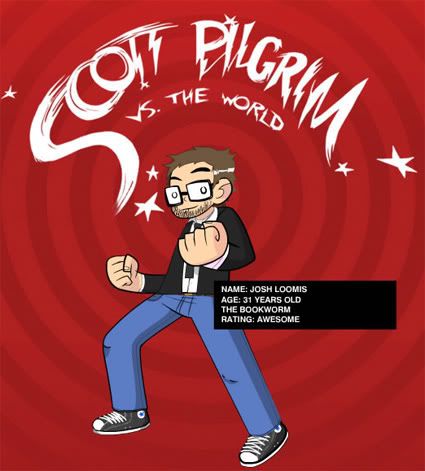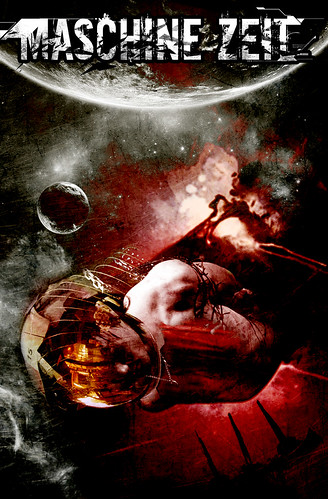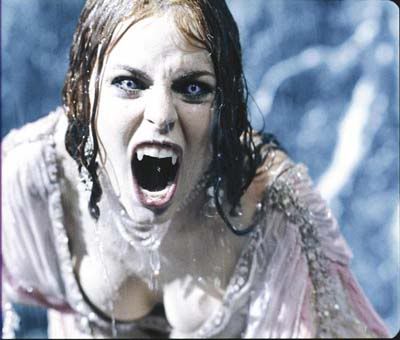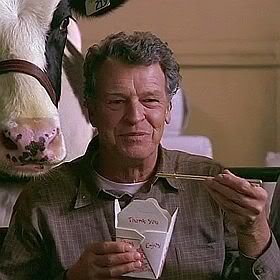
I am in the unfortunate position of not getting paid to do what I love.
I know, that doesn’t make me special. A lot of people are passionate about things that are very different from what they do. I doubt that most people that work for, say, Bridgestone or Michelin are passionate about making tires. Your average folks get up in the morning, put on some clothing that allow them to conform to the expectations of peers and coworkers, and commence a commute to some sort of job during the day that pays the bills, keeping the family feed and the lights on.
I’m glad to have people in my life who’ve broken this mold. They do what drives them, what fuels their imaginations and haunts their dreams. I know that sometimes the money that comes in from this lifestyle can be a bit more sporadic than the steady day job paycheck, and that bill collectors sometimes need to be dodged or placated. It might seem glamorous at first, but going for long periods of time with little to no income is no picnic.
I’ve been there. I was unemployed for quite a long time not too long ago. And even now, with this steady job I hold, things easily become strained. The combination of my pay rate with the necessity of supporting what I support takes a toll. But before I degenerate into self-indulgent whining, let me get to my point.
I need to make time to write. You might, as well, and here’s why it’s so important to do.
Nobody else can write what you’re going write.
The original idea, the seed from which your work is going to grow, is all yours. You might look to write it yourself, it might become a collaborative work or you may feel the need to hire a ghost writer. But however you plan to do it, there’s a big yawning gap between shaping the core of your idea and coming up with a finished product that’s capable of being sold. One of the biggest components of that gap is time, and to get across it you need to take time away from other things.
I say, when you get right down to it, sometimes you have to shut the world away. Disconnect the phone. Unplug the television. Turn off the Internet. Yes, believe it or not, you can turn off the Internet! Tweets, blogs, memes and streams will still be there when you’re done. Set goals for yourself, be it to write a few hundred words or a few thousand. Then, stick to those goals. Sometimes I have trouble with this, myself, so I’ll be struggling right along with you.
If you have any other tips on how to make the most of the time you try to set aside to write, please let me know. Because as much as guys like to project a “lone wolf” image, I know that until I reach that point where I can roll out of bed, amble over to the home office and flip on the espresso machine, I’m going to need all the help I can get.








